DUI (Driving Under the Influence)
A DUI charge can have serious consequences that affect your driver’s license, criminal record, and personal or professional life. While it may seem like a common offense, a DUI is a serious accusation that requires strong legal defense from the very beginning. Knowing your rights and understanding the possible outcomes is essential to making informed decisions.
A DUI (Driving Under the Influence) occurs when a person is accused of operating a vehicle under the influence of alcohol, drugs (legal or illegal), or any other substances that impair their ability to drive safely. This charge can be filed even if no accident occurred and is often based on breathalyzer results, blood or urine tests, the officer’s observations, or even refusal to take the tests—which can trigger automatic penalties. The common legal blood alcohol content (BAC) limit is 0.08%, but it may be lower in certain cases, such as for drivers under 21 or those with commercial licenses.
Justice and Legal Support Within Reach
Our MottoThere are several ways someone can be charged with DUI, and each type carries different legal implications:
Alcohol-related DUI: When the BAC exceeds the legal limit (0.08%) or the person’s ability to drive is impaired.
Drug-related DUI: Involves illegal drugs or prescription medications that affect judgment or reaction time.
DUI with minors in the vehicle: Considered an aggravating factor that can increase penalties, even for a first offense.
DUI involving injury or accidents: If others were injured or property was damaged, the case may be elevated to a felony.
Repeat DUI offenses: Prior DUI convictions can lead to harsher fines, longer license suspension, or even jail time.
Common Types of DUI Charges
Penalties vary depending on whether it’s a first offense or if there’s a history of prior charges, but they may include:
Driver’s license suspension or revocation
You may lose your right to drive temporarily or permanently, affecting both your work and personal life.Hefty fines
DUI fines can be substantial, especially if there were aggravating circumstances like an accident or a minor in the vehicle.Jail time or house arrest
Even a first-time offense can lead to days or weeks in jail, or restrictions like house arrest.Mandatory alcohol or drug education programs
You may be required to complete educational courses, clinical evaluations, or treatment programs.Installation of an ignition interlock device
This device measures your breath alcohol level before allowing your car to start, and it may be required for several months.Higher auto insurance premiums
Insurance companies may significantly raise your rates or cancel your policy altogether.Impact on immigration or custody cases
A DUI conviction can have serious consequences if you’re in the middle of an immigration process or a custody dispute.
Possible Consequences of a DUI Conviction
Llámanos y agenda tu primera consulta legal.
Nuestro equipo está listo para atender tu caso
Programa una consulta YA
Cualquiera que sea tu situación. Llena el formulario, envía tus datos y un especialista se comunicará contigo en menos de 24h.





